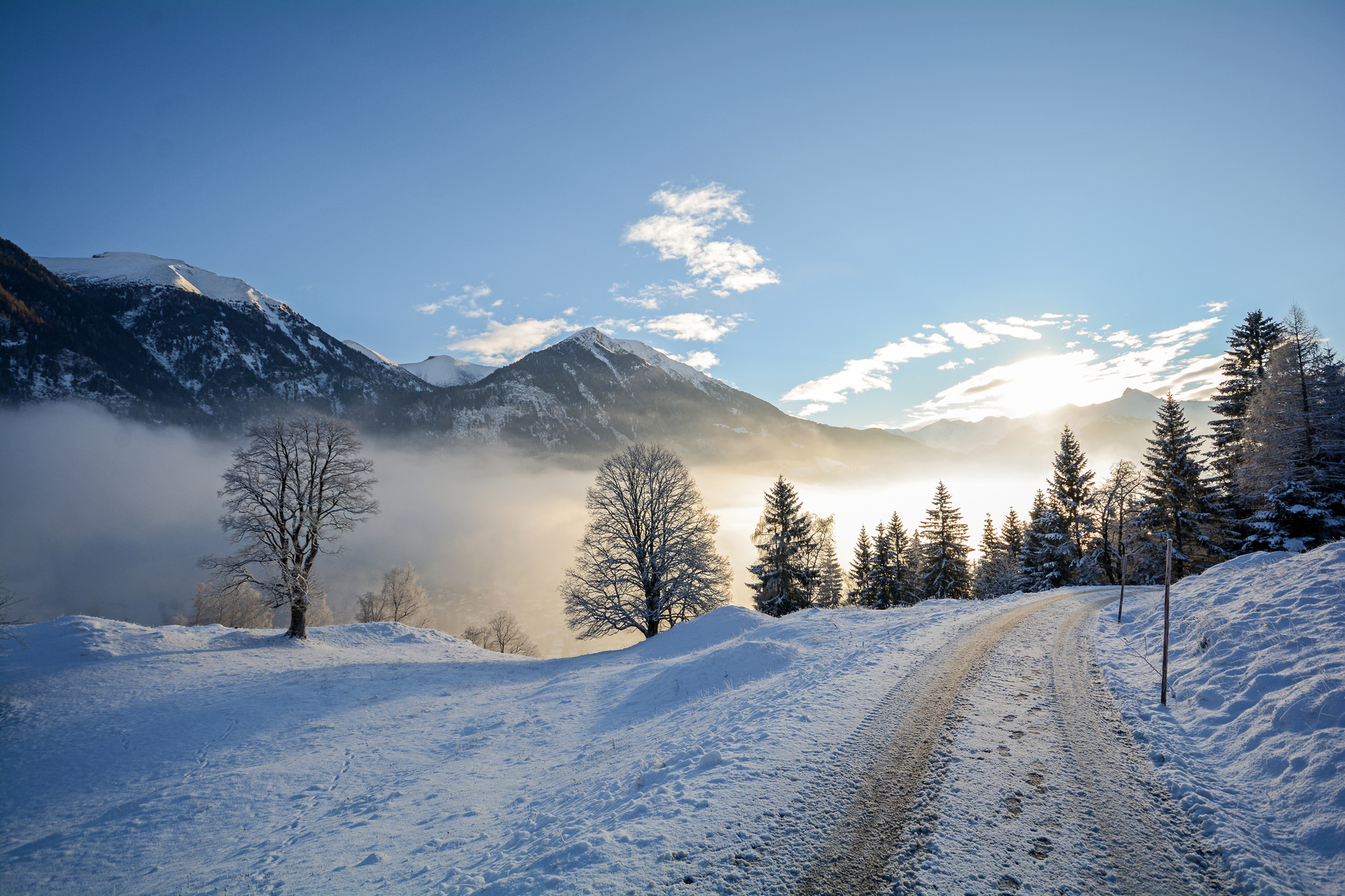Ski-lifts can be many things: for some, they represent the excitement and anticipation of the journey to the top of a mountain, ready for an exhilarating trip down. For others, they may have associations of boredom, queuing and time spent off the slopes. While plenty of them boast impressive views and can be enjoyable in their own right, few are quite so impressive as those of Kaprun.
The Mountain
Kaprun’s lifts run up the famous Kitzsteinhorn, the imposing 3.2km high Austrian mountain. The mountain is magnificent and the views are peerless, but similarly fascinating are the routes up the mountain. While the lifts are significant in that they made glacial skiing in this area a possibility (the glaciers had previously been extremely difficult to access), they also represent wonderful feats of engineering.
The Gletscherbahnen
The Gletscherbahnen (Glacial Railways) are a series of ski lifts that take one from a mere 911 metres to the very summit of the mountain. The route is in 3 sections: each one is around 2000 metres long and climbs between 500 and 1000 metres.
Starting at 911 metres, the first section is 2028 metres along and will take you 970 metres higher than the starting point. From here, the second section is somewhat shorter than 2 km, and raises you another 554 metres. After that it’s only 575 metres to the end of the lifts, but this final leg clocks in at an amazing 2192 metres.
This final leg is especially interesting, being home to a towering 113.6 metre tall aerial lift pylon, the tallest in the world. This pylon was built some four decades ago and its central pipe is a full 2.2 metres across, giving it room for a ladder and a lift for staff to rapidly move within the interior.
While the 6 kilometre journey may sound like a bit of a trek, given the wonderful views you’ll likely find it over all too quickly as each leg takes only a few minutes to complete.
Other Ways Up
A keen climber could summit the Kitzsteinhorn, and people have indeed been doing so for close to 200 years, but as ever, ensure that every member of the party is trained in crevasse rescue and mountain safety, and do not attempt the climb in bad weather.
Failing this, there are currently two other lifts, called the Gletscherjets (Glacial Jets). These lifts were built in the early 2000s in order to take some strain off the magnificent Gletscherbahnen, which were operating on their own at the time. Two further Gletscherjets are planned and are predicted to be in operation by the 2015/2016 ski season, so anyone planning on visiting for the coming season should have a chance to be one of the first to ride these lifts.
How to Get to Kaprun
Kaprun is accessible from Munich Airport, which is only a one hour and forty-five minute flight from London. Once you get to Munich, you have several options available for transport to Kaprun. The simplest way to get to your final destination is to pre-book a private or shared Munich transfer. With Shuttle Direct, you won’t waste any time – nor money! Simply clear customs, collect your luggage and then hop right in! We even have room for your winter sporting gear. The drive to Kaprun takes about two and a half hours, so all you have to do is enjoy the view.
Alternatively, you can hire a rental car at Munich Airport and make the drive yourself. Take the A8 motorway 72 miles south to Oberaudorf, then the B172 and B311 58 miles southwest to get to Kaprun. Keep in mind that the roads may be icy during the skiing season, so drive with care! The roads may be congested during weekends and peak season, so expect to meet a few other drivers on the road as well.
If road-tripping is more your style, consider making the entire 15-hour drive by car. There are plenty of places to stop along the way – Strasbourg and Munich are both beautiful cities worth a visit – so you may find yourself taking your time! Also keep in mind that driving laws vary from country to country. Your drive will take you through France, Germany and Austria, so make sure your vehicle contains a first aid kit (required by Austria), a breathalyser (required by France) and a reflective jacket and warning triangle (required by all).
Where to Stay
Kitz Residenz – with simple, complete accommodation and budget prices, the Kitz Residenz doesn’t compromise on location either: it’s an easy walk to the very centre of Kaprun, and there are plenty of places to eat and drink nearby.
Hotel Kaprun – perfect for those travelling in groups of mixed ability, Hotel Kaprun is only 2 minutes away from a ski school and beginner slope, and has more spacious rooms.
Avenida Mountainlodges Kaprun – if you’re tiring of traditional Alpine chalet-style décor, consider the 4-star Avenida Mountainlodges Kaprun. These self-catering apartments have a magnificent eclectic décor, and also boast a convenient location and stunning views.



